Common Health Issues That Affect Abyssinian Cats and How to Prevent/Treat Them

Health Considerations for Your Abyssinian Cat: What to Watch For
Abyssinian cats are beloved for their striking looks and lively personalities, but like all breeds, they can be prone to specific health issues. Understanding these potential concerns can help you take proactive steps to keep your feline friend healthy and happy. Check our related article when it comes to taking care of your kitten's health: Caring for an Abyssinian Cat: Diet, Grooming, and Health.
Common Health Issues in Abyssinian Cats
-
Periodontal Disease. Dental health is paramount for Abyssinians. Periodontal disease, which affects the gums and teeth, can lead to discomfort and more serious health problems if left untreated. Tip: Regular tooth brushing and routine dental cleanings with your vet can significantly reduce the risk of this condition.
-
Urinary Tract Issues. Abyssinians may be prone to urinary tract problems, such as urinary crystals or bladder stones. Prevention Tip: Ensure your cat has constant access to fresh water, feed a balanced diet, and maintain proper litter box hygiene. If you notice signs like frequent urination or straining, consult your veterinarian promptly.
-
Patellar Luxation. This condition involves the displacement of the kneecap, and it can occur in Abyssinians. Prevention Tip: Keeping your cat at a healthy weight and providing regular exercise can help minimize risks. If you notice limping or difficulty in walking, it’s essential to consult your vet.
-
Hyperthyroidism. Abyssinians may be more susceptible to hyperthyroidism, characterized by an overactive thyroid gland. Monitoring Tip: Regular veterinary check-ups, including blood work, are crucial for early detection. Treatment options may involve medication or surgery.
-
Allergies. Allergies can manifest in various ways, including skin irritation or gastrointestinal issues. Identifying and avoiding potential allergens is vital. Tip: Work with your veterinarian to determine the best allergy testing and management strategies.
-
Progressive Retinal Atrophy (PRA). PRA is an inherited condition leading to gradual vision loss. Prevention Tip: Responsible breeding practices, including genetic testing, are key to reducing this risk. Regular veterinary eye exams can help detect early signs of PRA.
The Importance of Regular Veterinary Care
Routine veterinary care is essential for maintaining your Abyssinian’s health. Regular vaccinations, parasite prevention, and check-ups can catch potential issues before they escalate. Early detection often leads to better outcomes.
Creating a Healthy Environment
In addition to medical care, providing a balanced diet, regular exercise, and a stress-free environment supports your Abyssinian’s overall well-being. For tips on proper nutrition and exercise routines, read our article on Recommended Diet and Exercise Routines for Abyssinian Cats.
Conclusion
Owning an Abyssinian cat is a delightful experience, and being informed about their health needs can help you provide the best care possible. By staying proactive and aware of common health issues, you can ensure your feline companion enjoys a long, vibrant life by your side. Here's the tip for new owners like you, Abyssinian Cat Care: Tips for New Owners.
For more insights into the unique characteristics and charm of Abyssinian cats, don’t miss our article on Abyssinian Cats: Unveiling the History Behind One of the World's Oldest Breeds.
For more information about Abyssinian Cats. feel free to Contact Us and we'll be more than happy to serve you. Go ahead and visit our site to Check Our Available Abyssinian Kittens for Sale. Learn about the Adoption Process if you think you're ready enough to embrace a new responsibility of being a fur parent. Start it with us today!

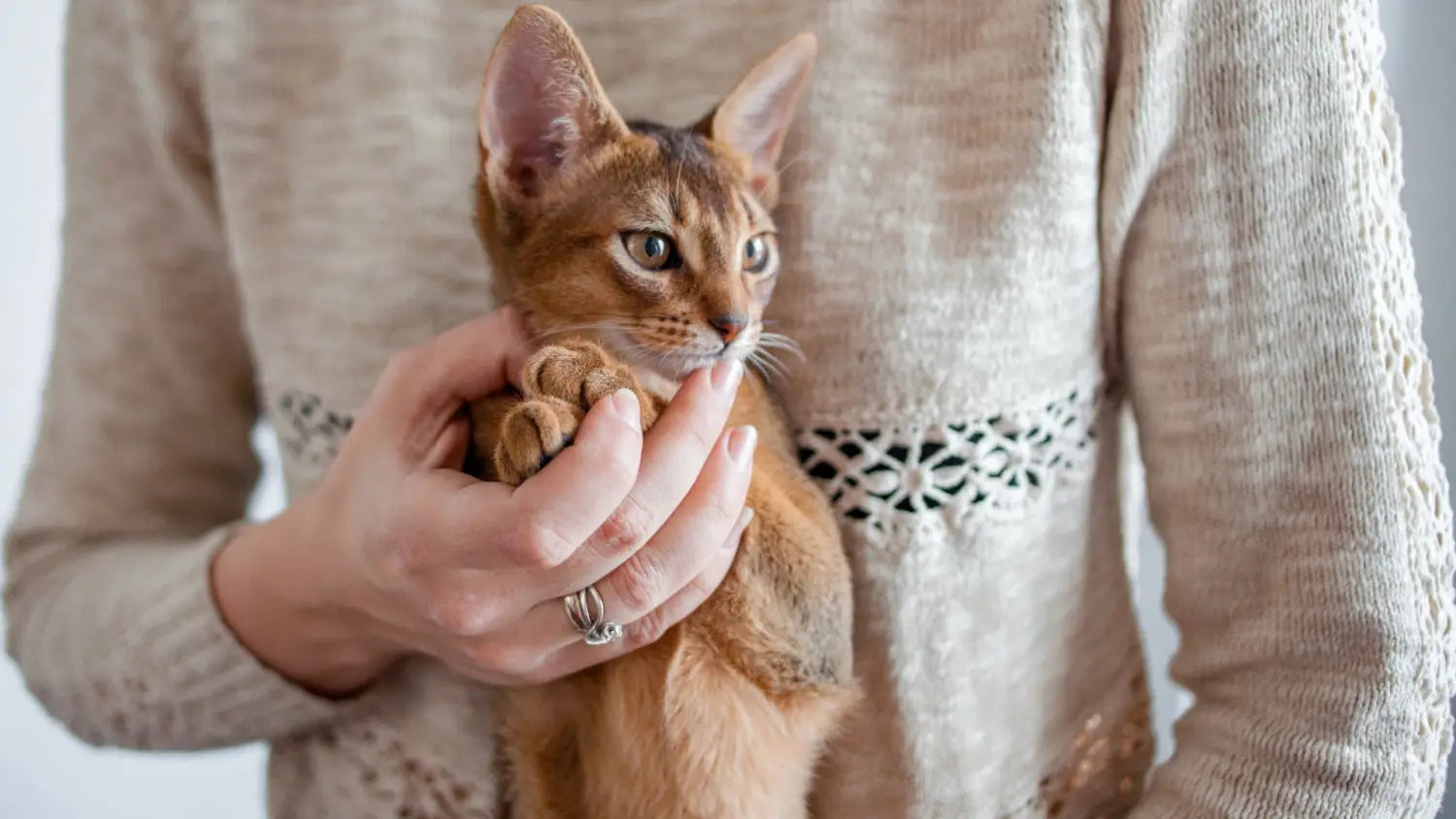
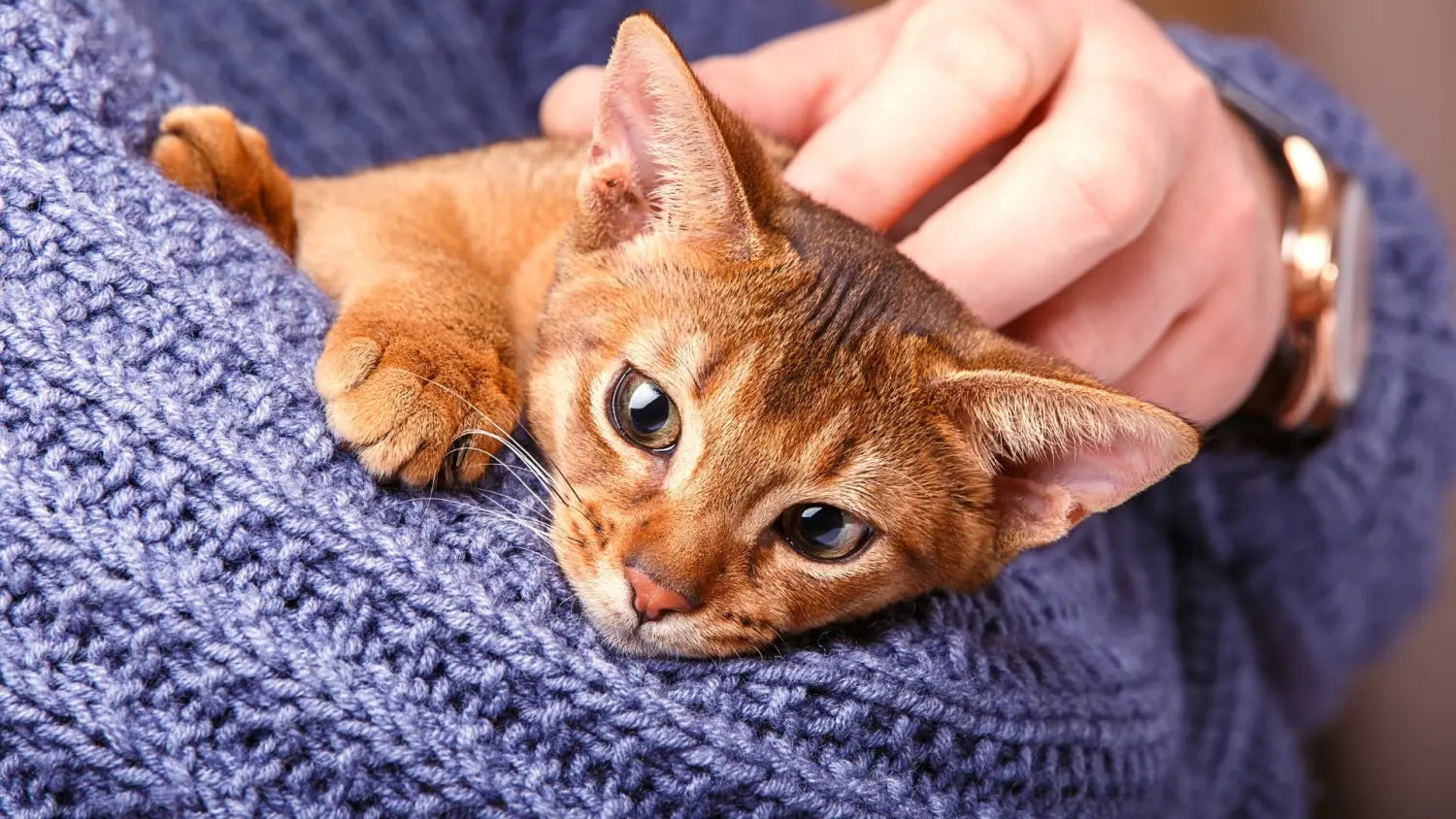
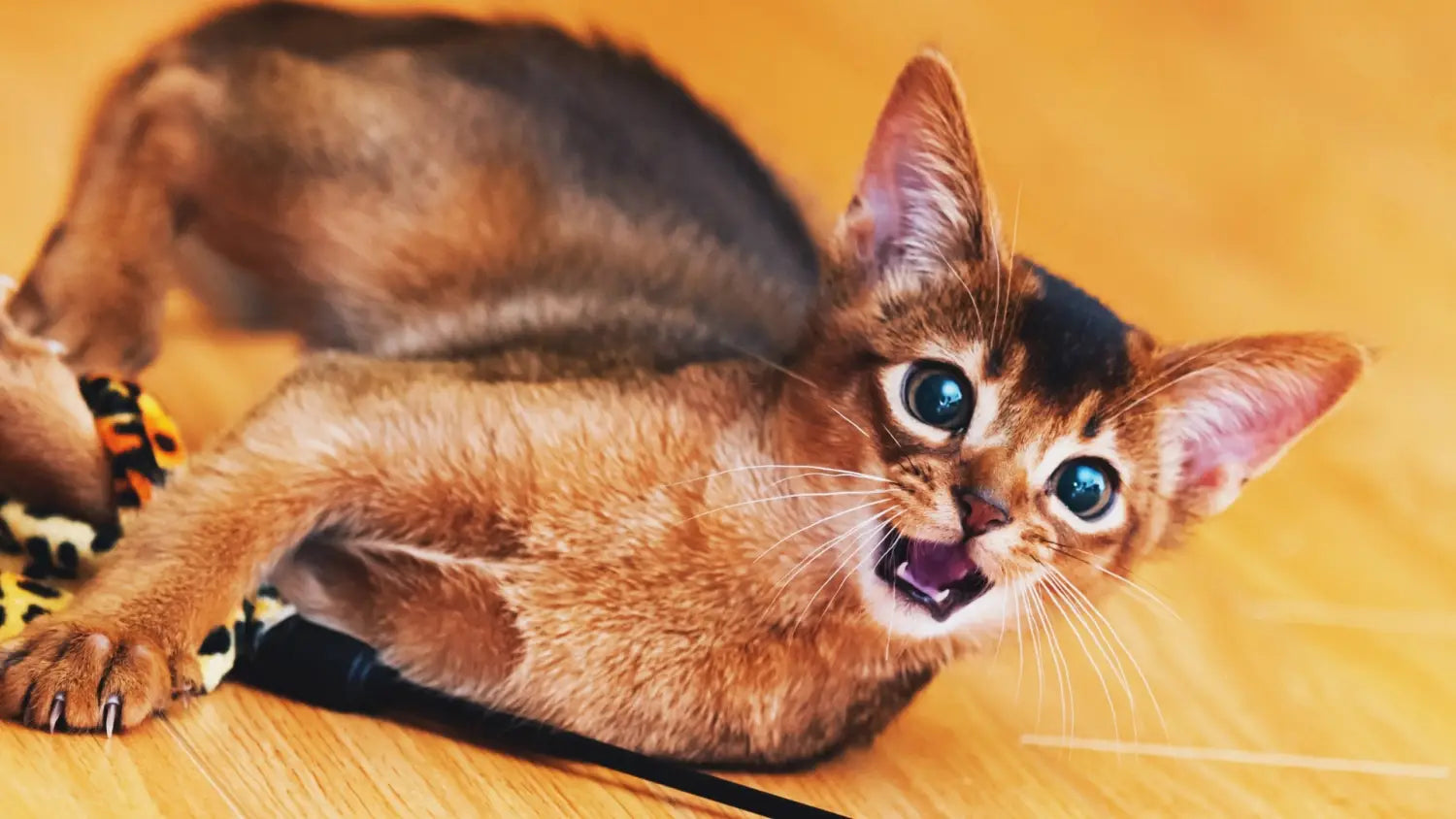


























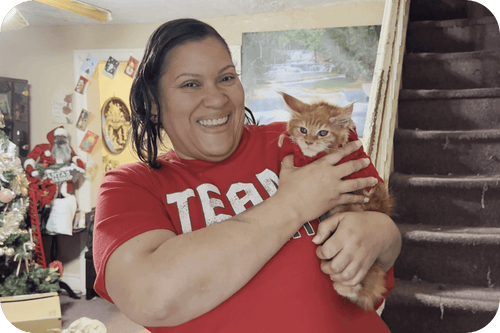












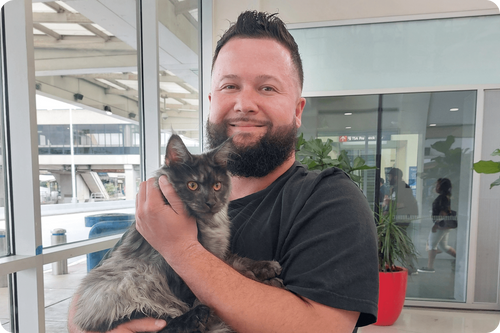














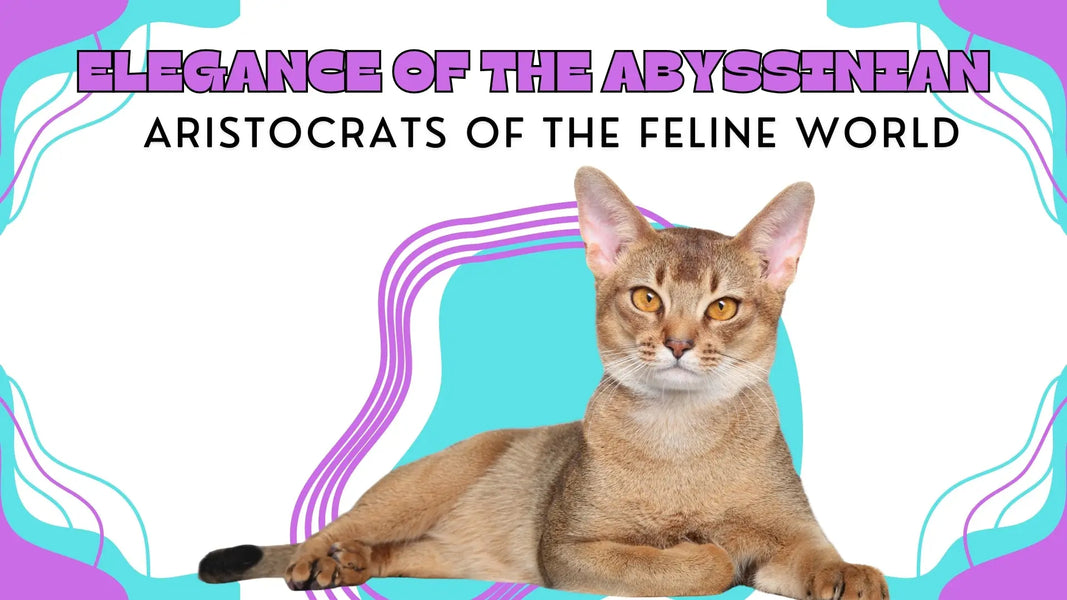





Comments(0)